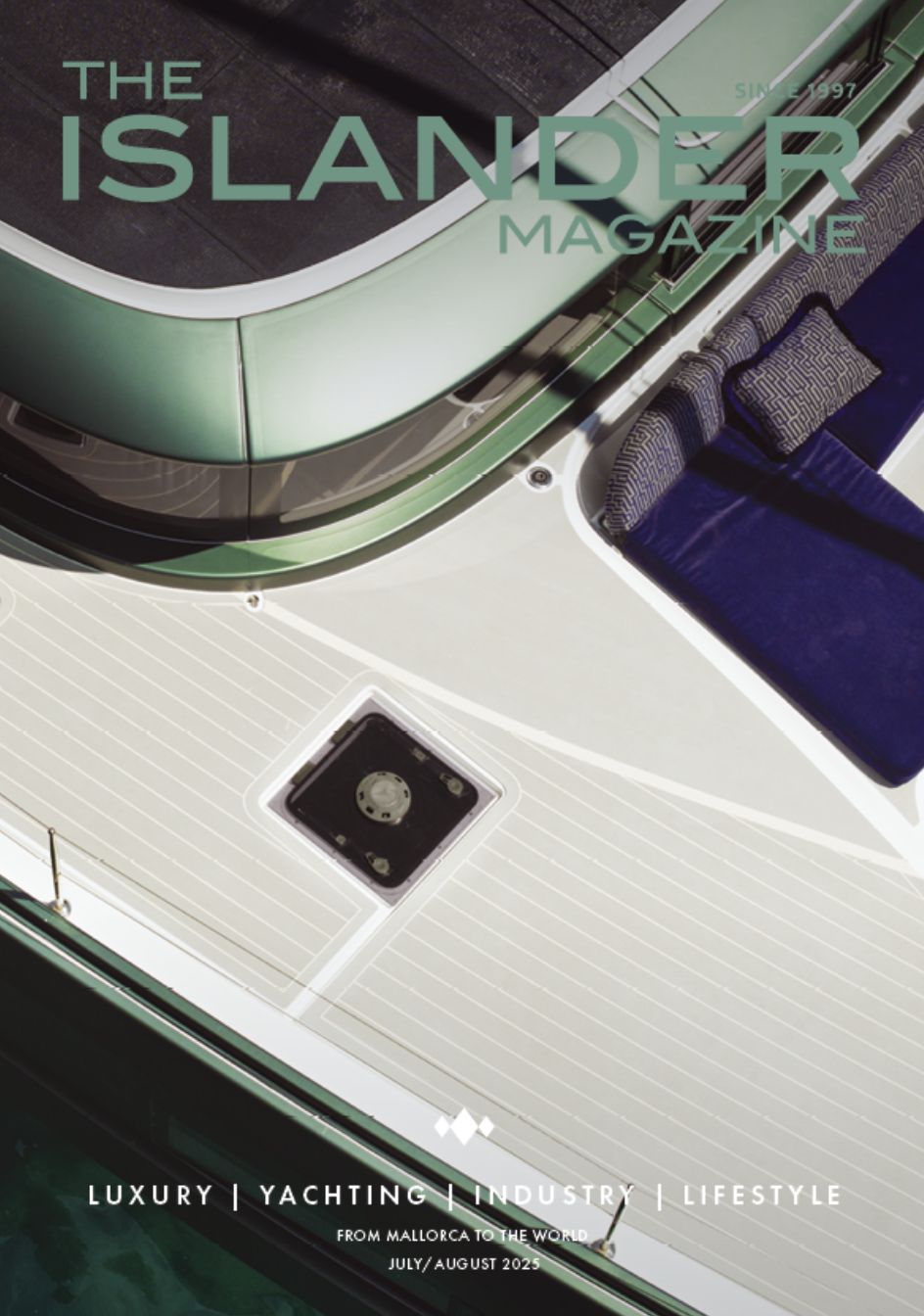Why a rescue diver course is essential for yacht crew and adventurous divers
As your passion for scuba diving grows, so does the appeal of exploring more challenging and remote dive sites. Whether you’re working on a yacht or simply diving in exotic locations like the Caribbean, Red Sea, or the vast Pacific, it’s essential to be prepared for more than just picture-perfect dives.
While entry-level certifications like Open Water and Advanced Open Water provide a solid foundation, they don’t cover real-life emergencies. That’s where the Rescue Diver course comes in—teaching you how to respond to unexpected scenarios with calm, confidence, and skill.
Why yacht crew need to level up
If you work on a yacht, you’re often responsible not only for your own safety but also for supervising guests during watersports activities. As freediving becomes more popular alongside scuba, having rescue skills is more important than ever.
In Mallorca, regular training opportunities are available through Ondine Diving, including freediving workshops led by world-class instructors. These sessions often integrate the basic safety principles found in Rescue Diver training—making them a great way to enhance your water confidence and skillset.
Real dive scenarios to be prepared for
The Rescue Diver course prepares you to handle a wide range of real-world situations, including:
-
Decompression sickness and lung injuries – Know how to identify symptoms and respond with urgency.
-
Tired or overexerted divers – Assist someone before fatigue leads to panic.
-
Unconscious diver recovery – Learn surface and underwater rescue techniques.
-
Search and recovery – Organize and execute a plan if a diver goes missing.
-
Marine life injuries – Understand how to avoid and treat stings from jellyfish, fire coral, and more.
One often-overlooked part of dive safety is respecting marine life. Close encounters are incredible, but divers must always avoid touching or harassing animals. In most cases, if you give marine creatures space, they’ll return the favor. Accidents usually happen through carelessness, not aggression.
Beyond diving: teamwork, confidence, and career progression
The Rescue Diver course isn’t just about emergencies—it’s a confidence builder, a team-strengthening tool, and the stepping stone toward becoming a Divemaster. It teaches you how to stay calm, think clearly, and assist others underwater—all of which are invaluable both on and off the yacht.
Ready to take the next step?
Ask yourself: Would I know what to do if something went wrong underwater?
If the answer isn’t a confident “yes,” it’s time to consider Rescue Diver training.
Get in touch with the experts
To find out more about upcoming Rescue Diver and freediving safety courses, contact the crew dive training specialists:
Nick Stael von Holstein, info@ondineescape.com























0 Comments